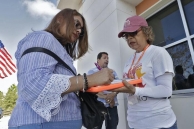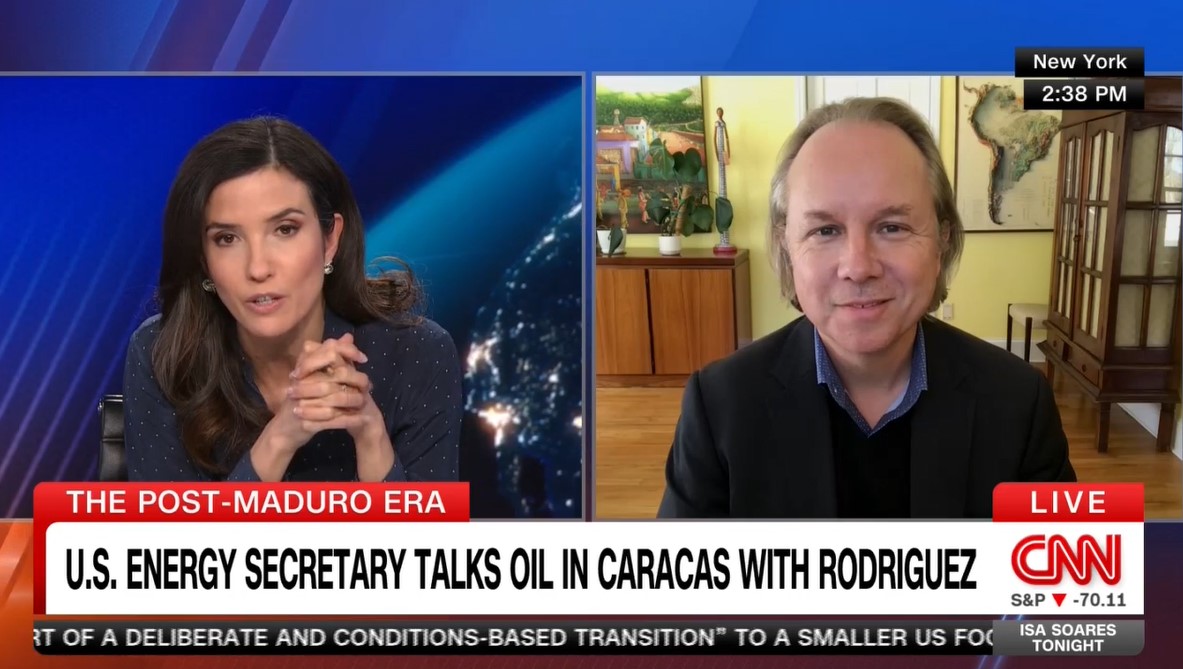LatAm in Focus: How Data Voids Exploit the Latino Vote
LatAm in Focus: How Data Voids Exploit the Latino Vote
By
Carin Zissis
Facebook Fellow and WVU PhD candidate Claudia Flores-Saviaga explains how disinformation fills online content gaps, particularly for Spanish speakers.
"It’s not something that is only affecting the Latino vote but democracy overall."
LatAm in Focus: The Myth of the Monolithic Latino Vote
In this episode, we dig into the data on this U.S. voting bloc with Mark Hugo Lopez of the Pew Research Center.









